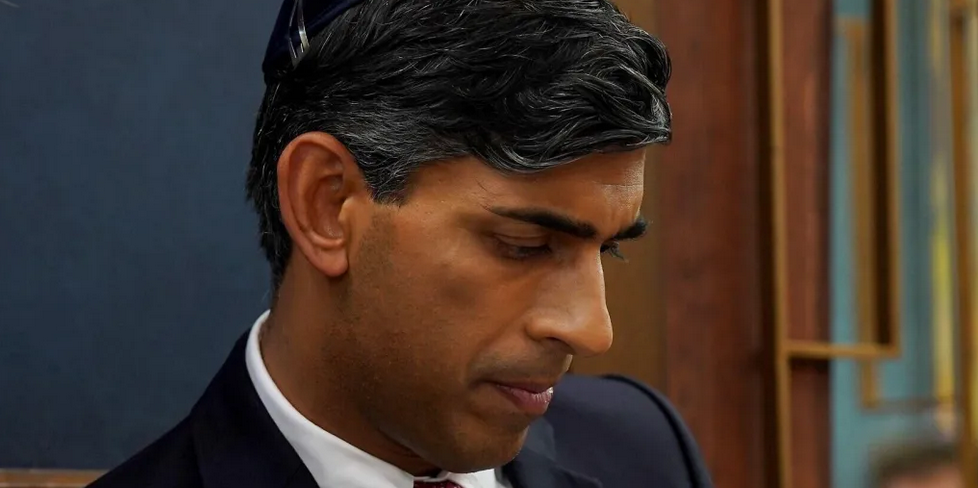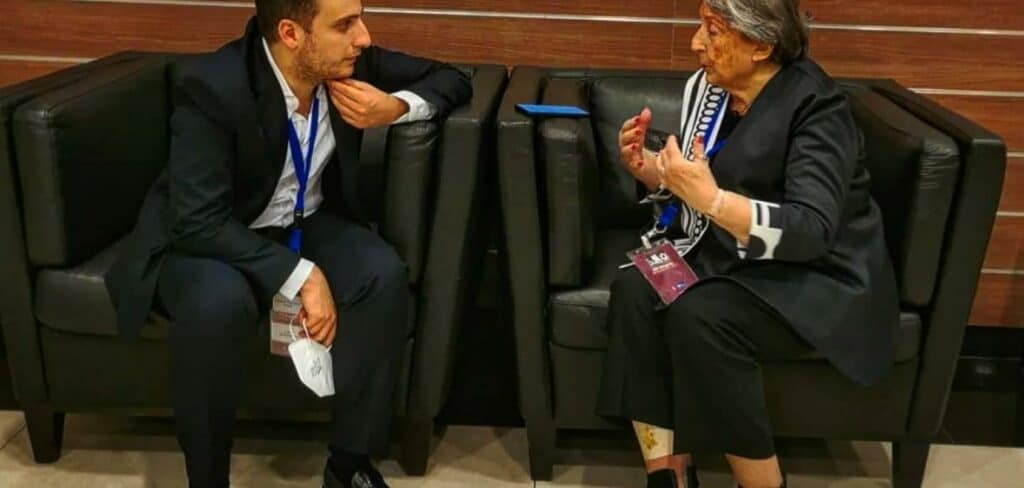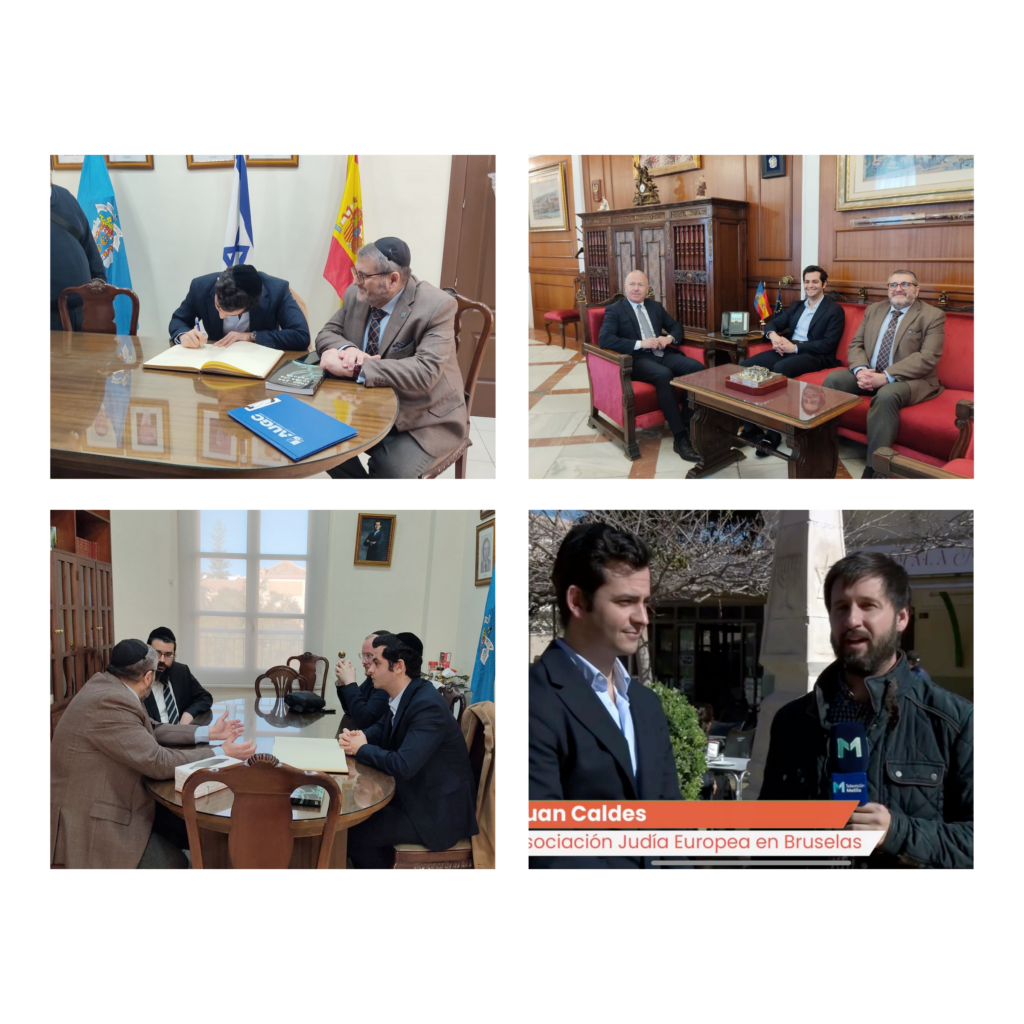Community Security Trust has recorded 4,103 antisemitic incidents in the UK in 2023, the highest total ever reported to CST in a single calendar year and an increase of 147% compared to 2022., especially since the October 7 attacks and the war between Israel and Hamas.Britain’s Prime Minister Rishi Sunak has announced an extra funding of 54 million pounds (€63 million) to protect Jewish communities in the country against antisemitism over the next four years.“It is shocking, and wrong, the prejudice, the racism we have seen in recent months,” Sunak said in an address to the annual dinner of Community Security Trust (CST), a British charity which provides security and advice to the UK Jewish community. It also records antisemitic incidents in the country.“It is hatred, pure and simple. An assault on the Jewish people. We will fight this antisemitism with everything we’ve got,’’ he added.CST has recorded 4,103 antisemitic incidents in the UK in 2023, the highest total ever reported to CST in a single calendar year and an increase of 147% compared to 2022., especially since the October 7 attacks and the war between Israel and Hamas.Sunak said that Jewish schools, synagogues and other community centres are to be given the additional funding for security guards, CCTV and alarm systems. There are 250 synagogues in the UK.He said, ‘’it is shocking, and wrong, the prejudice, the racism we have seen in recent months. That Hamas attack of October 7 was the most abhorrent act of terrorism against Israel that any of us have ever known. And it’s been followed by record levels of antisemitism in this country that are utterly, utterly sickening.“As prime minister I will lead this government in a long-term effort to strengthen your security, defend our liberal democratic values and change our culture so we tackle the root causes of this hatred,’’ he added.Also on Thursday, Prince William said he was extremely concerned about growing antisemitism in Britain as he visited the Western Marble Arch Synagogue in London.A week after the heir-to-the-throne called for an end to the Israel-Hamas war in Gaza saying “too many have been killed”, Prince William met young ambassadors from the Holocaust Educational Trust who are seeking to tackle hatred amid soaring abuse and attacks on the Jewish community.“Both Catherine and I are extremely concerned about the rise in antisemitism that you guys have talked about this morning and I’m just so sorry if any of you have had to experience that,” the prince said.“That’s why I’m here today to reassure you all that people do care and people do listen.”Wearing a kippah, William met Holocaust survivors and listened as Jewish students recounted how there had been what one described as an “explosion” in antisemitism, including death threats and assaults.















